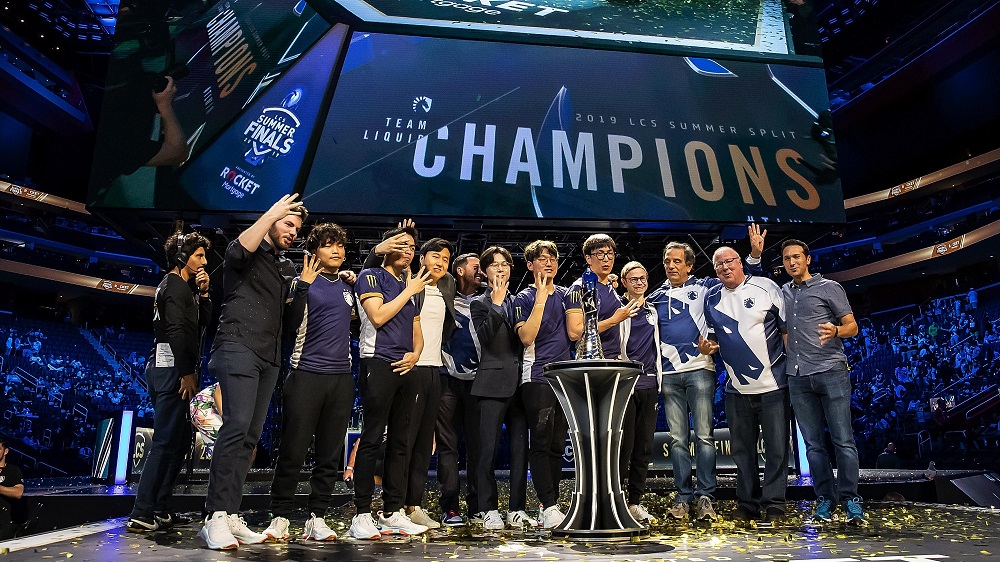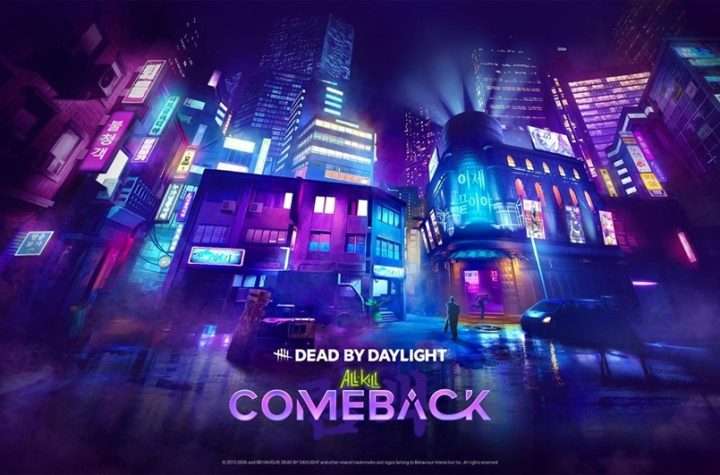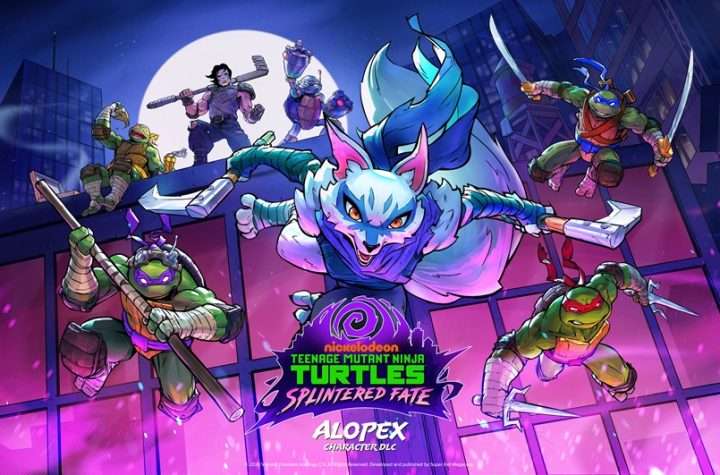When people hear the phrase “college sports,” many envision sweaty athletes playing in indoor basketball courts, crowded track fields, and cheering football stadiums. It’s no secret that these high-contact team activities have suffered in the era of Covid, leading to a significant loss of revenue for universities: a New York Times article reported that the National Collegiate Athletic Association lost $600 million during its 2020 fiscal year and $702 million in marketing and television rights after canceling the men’s national basketball tournament. Despite these bleak numbers, one area of college sports has been performing just as well, if not better than before: eSports.

In a general sense, eSports is a big business that boomed long before Covid. 134 million people watched eSports all the way back inc2012, and in 2019, Goldman Sachs reported a much larger global audience of 433 million. One study projects that by 2021, eSports in the US will have more viewers than every professional sports league except the NFL. A few video games in particular enjoy extreme popularity: in 2019, The Fortnite World Cup Solo Finals racked up 1.8 million hours of views, and the Dota 2 Finals streamed to 1.1 million simultaneous viewers on Twitch. Additionally, the League of Legends World Championship received over 100 million views, going toe-to-toe with the Super Bowl’s 100.7 million views. As the industry has grown, so has the community–websites such as playershive.com provide easy access for gamers to find teams and games, and popular media outlets such as Gaming Cypher publish industry news and reviews to keep readers in the know. Overall, the gaming industry is seeing a huge boost in engagement and doesn’t seem to be slowing down anytime soon.
The rise of college eSports is a bit more recent, but its growth has been just as explosive. Back in 2016, there were only 7 colleges that had varsity eSports programs. This number ballooned to 63 in 2018, and in 2020 a total of 200 universities offered some kind of varsity eSports program, along with a collective $15 million in eSports scholarships. Some schools like UC Irvine, which was the first public university to offer an official eSports program, even host recruitment seasons and state-of-the-art gaming arenas for their student athletes.
And while Covid has thrown an ugly wrinkle in the schedules of most sports, eSports continues to see positive trends. A 2021 study by Accenture found that the global gaming industry now surpasses $300 billion worldwide, much higher than previous industry estimates. Additionally, a desire for social interaction fuels much of this growth; 84% of gamers in the survey pool believe that video games help them connect with people who share their interests, and three-quarters say that more of their social interactions now take place on gaming platforms. 30% of new gamers are also under the age of 35. This opens up a huge opportunity for colleges, both from a business perspective as well as a student perspective. Universities that invest in eSports programs can benefit from high amounts of viewership and lucrative revenue returns, while students get the chance to connect with their peers, get involved in extracurriculars, and even earn scholarships for their commitment.
Traditional college sports are by no means obsolete–even in the aftermath of Covid, they are still crucial revenue drivers and essential to university life. But the rise in eSports should not be ignored or underestimated, and the pandemic has only accelerated its growing popularity. As more and more eyes turn to the college esports landscape, it will be exciting to watch gamers and universities reach new heights.
From the moment I first played Lego Star Wars II: The Original Trilogy on the original Xbox, I have always had an avid curiosity and enthusiasm for video games. I admire their ability to immerse us in completely different worlds, and I am always eager to see how they integrate the newest breakthroughs in digital technology to make virtual reality feel real. I am currently a senior at UC Berkeley, but when I'm not studying I always make time to play Xbox One with my younger brother.





More Stories
With the First-Ever Global Championship, THE FINALS Takes the Stage at DreamHack Stockholm
The Solo Leveling: ARISE Championship 2025 Grand Champion Crowned by Netmarble
The Mortal Kombat 1 Pro Kompetition: Season 2 Schedule and Program Details Revealed